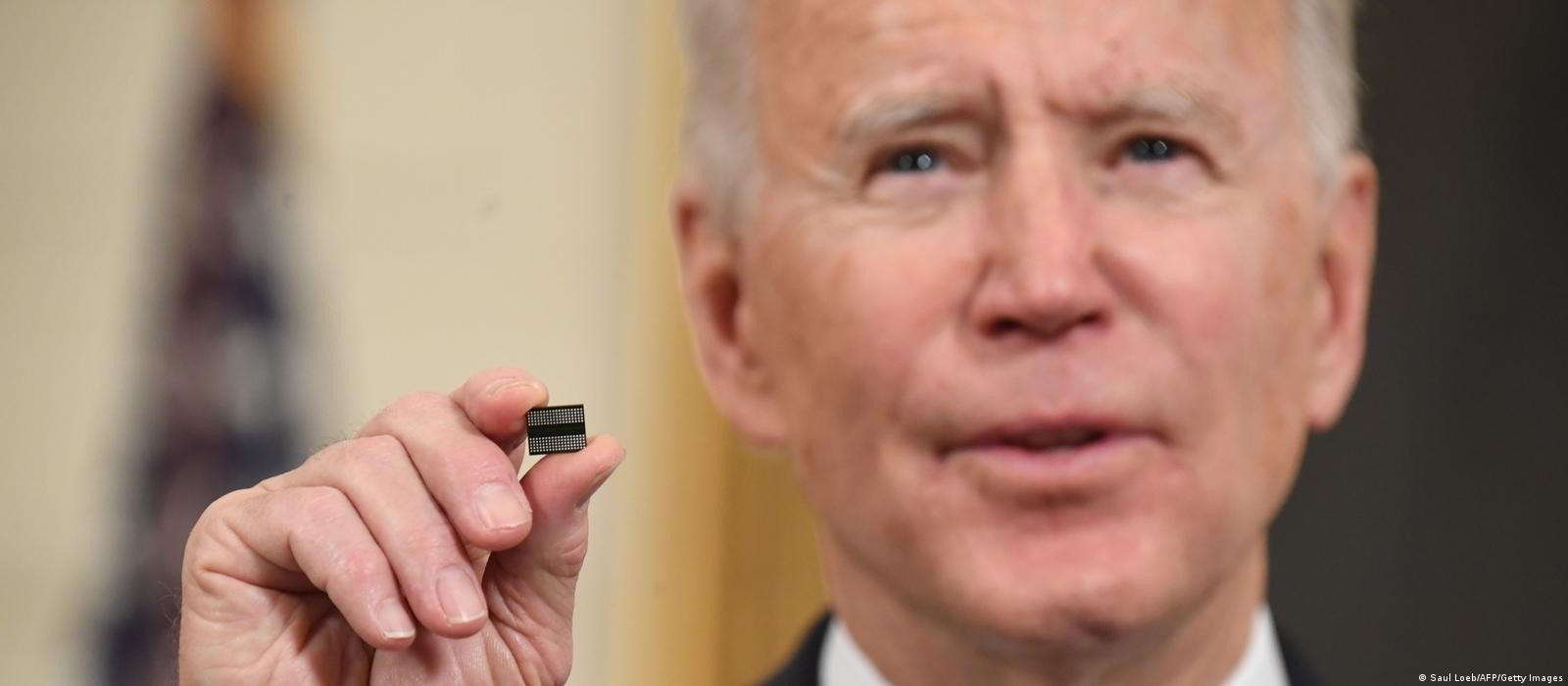 |
| The US government has introduced a series of export controls to China on advanced semiconductor chips. (Source: DW) |
China's semiconductor industry is facing new pressure from the United States and its allies. Japan announced it would impose export restrictions on 23 types of chipmaking technology, including advanced semiconductor manufacturing equipment. The measure will take effect in July 2023.
The move comes after similar measures were introduced by the United States and the Netherlands in recent months as Washington and its allies seek to limit China’s access to advanced chips and semiconductors.
Last October, the US government introduced a series of export controls on advanced semiconductor chips. Since then, Washington has lobbied the Netherlands and Japan to join its efforts to limit the growth of China’s semiconductor sector.
How did China react?
China's Commerce Ministry spokesman Shu Jueting said Beijing "strongly opposes" Tokyo's decision to impose export controls on items related to advanced semiconductor manufacturing. The second-largest economy said the move went against free trade and international trade rules and was an abuse of export controls.
Some Chinese semiconductor industry executives have also expressed concerns about the potential impact of Japan's measures.
Experts say it will “block” China’s efforts to develop new processes to produce advanced semiconductor chips in the future.
"The development of China's semiconductor industry will likely be limited to the 14-nanometer (nm) process, and it will be more difficult for China to surpass this standard in the future because it cannot buy advanced equipment from Japan, the United States or the Netherlands," said Pei-Chen Liu, an expert on the Asia-Pacific semiconductor industry at the Taiwan Institute of Economic Research.
The nanometer node refers to different generations of chip manufacturing technology, and the most advanced chips are around 3nm, mainly for smartphones. Meanwhile, more mature semiconductor chips are around 28nm and above, for vehicles or consumer electronics.
Japan's export controls are likely to affect China's semiconductor industry, so the latest move could also impact many related industries and many manufacturers that produce consumer electronics.
"For China, the goal of becoming fully self-sufficient in semiconductor production and development will be an almost impossible task. Assuming these alliances (US-Japan-Netherlands) are maintained, this will hinder China's goal of becoming fully self-sufficient for many years," said Alex Capri, a lecturer at the National University of Singapore (NUS).
During a trip to southern China's Guangdong province in April 2023, Chinese President Xi Jinping stressed the importance of pursuing self-reliance in science and technology, stressing that the move was crucial to advancing Beijing's modernization efforts.
He called on Chinese enterprises to take "further steps" to enhance innovation capacity and make more progress in "achieving breakthroughs" in core technologies.
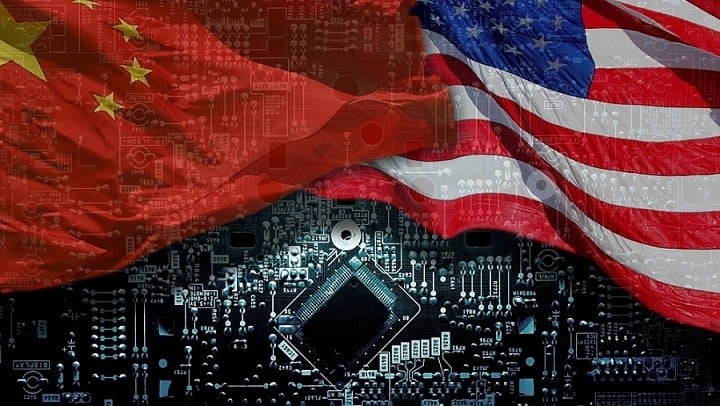 |
| Some US tech companies are deeply dependent on the Chinese market. (Source: Getty Images) |
How Beijing retaliated
In retaliation for US-led export controls, China's cyberspace regulator announced that US memory chipmaker Micron failed a cybersecurity assessment and as a result, Beijing has banned critical infrastructure operators from purchasing products from Micron.
Responding to this issue, US Commerce Secretary Gina Raimondo emphasized that Washington will not forgive Beijing's ban on buying Micron memory chips.
"The United States firmly opposes China's move against the chip giant," she affirmed.
Following China's decision to halt purchases of memory chips, Micron CFO Mark Murphy said the company is assessing how the move could impact sales.
Some analysts see Beijing's measures against Micron as a "show move" that may not seriously harm the company's business in China.
Both China and the US "can make common political moves to punish the other, but not necessarily shut down all business between the two sides," said Dexter Roberts, a senior fellow at the Atlantic Council's Indo-Pacific Security Initiative.
Export controls counterproductive?
While the Chinese government has said Japan's export controls will undermine the interests of companies in both countries and disrupt the global semiconductor industry, some US semiconductor companies have also warned about the potential impact of chip export controls.
Jensen Huang, CEO of US chipmaker Nvidia, said the technology industry of the world's largest economy could suffer serious damage if Washington continues to impose trade restrictions on China.
“China is a very important market for the technology industry,” he stressed.
In addition to Huang’s warning, South Korea has also called on the United States to review its semiconductor subsidy criteria. Seoul fears that rules that could prevent recipients of U.S. federal grants from building new facilities in countries like China would have a damaging effect on South Korean semiconductor companies.
Mr. Roberts also acknowledged that it is difficult for Washington and its allies to implement these export controls strategically because most companies investing in the US make very good business profits in China.
“Some American technology companies are deeply dependent on the Chinese market,” he asserted.
Source






![[Photo] General Secretary To Lam attends the 80th anniversary of Vietnam's diplomacy](https://vstatic.vietnam.vn/vietnam/resource/IMAGE/2025/8/25/3dc715efdbf74937b6fe8072bac5cb30)


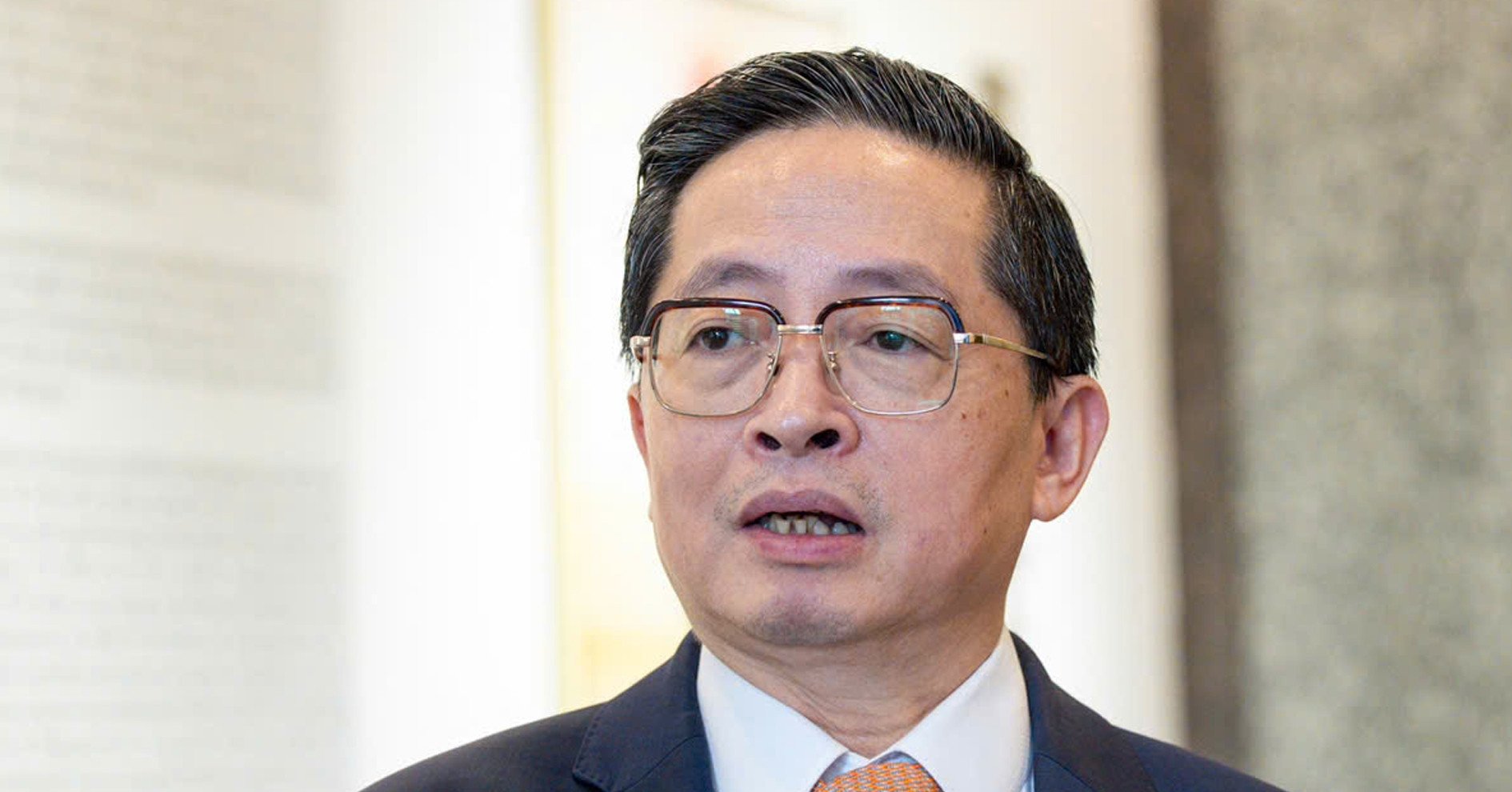



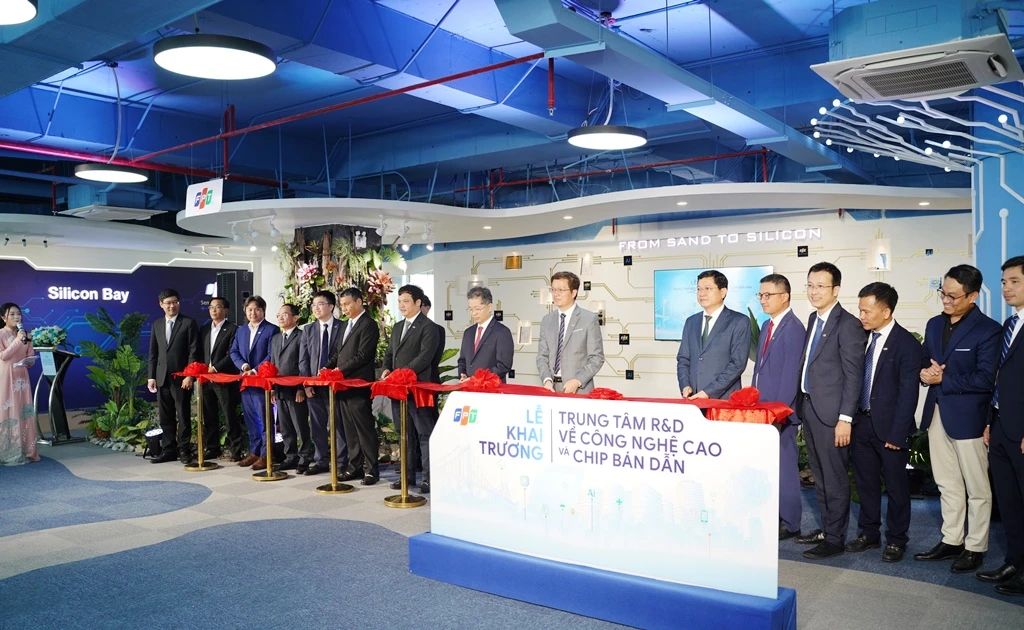

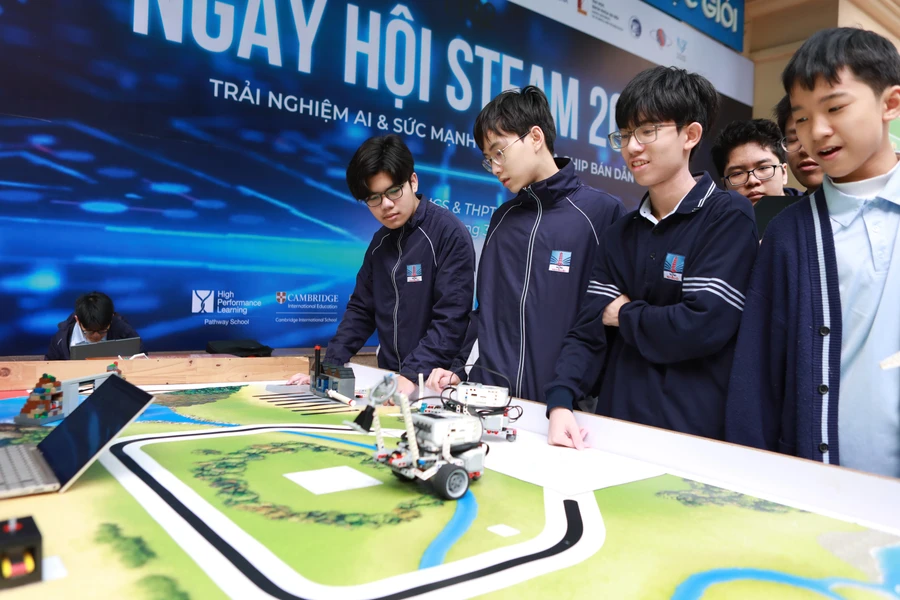

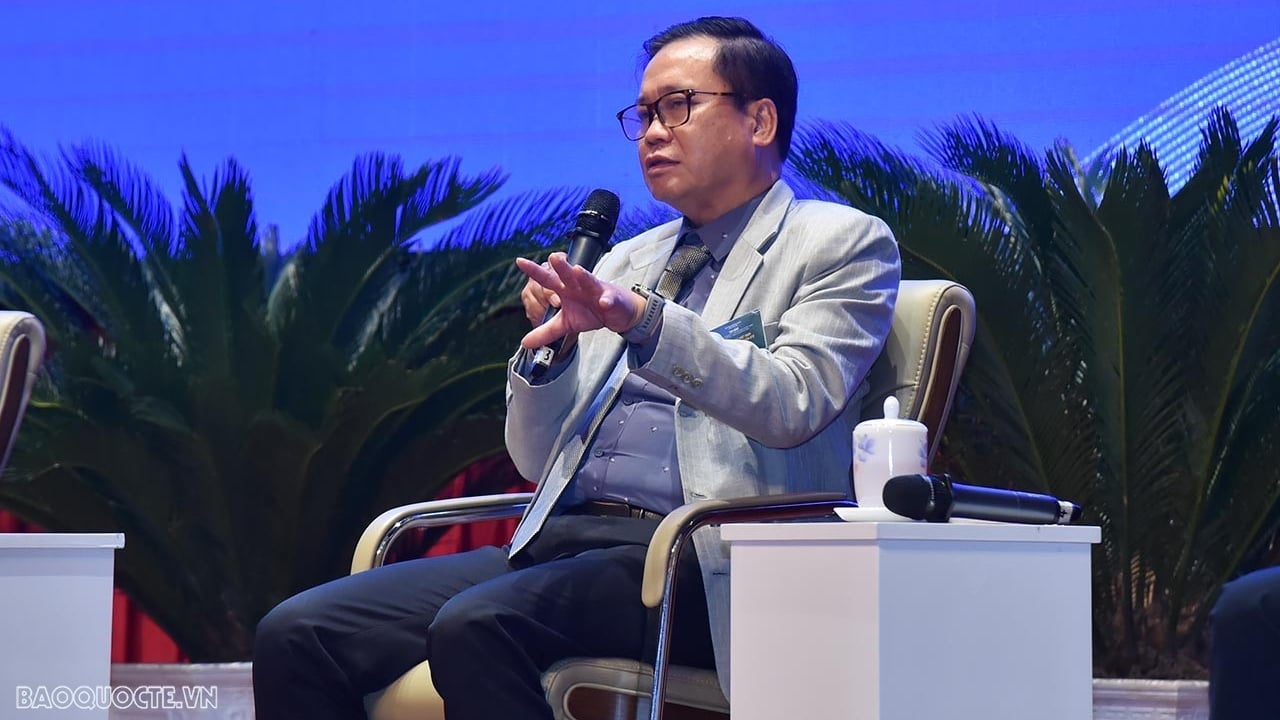
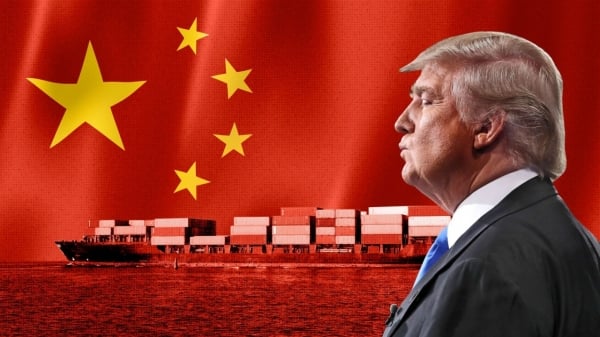


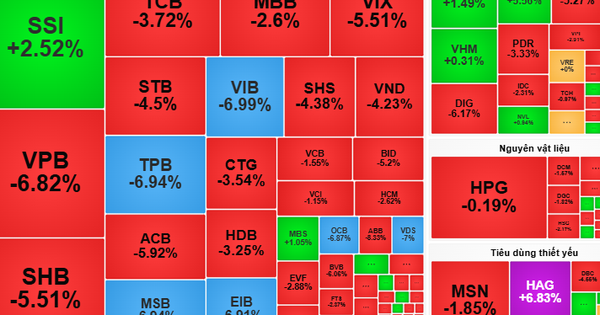

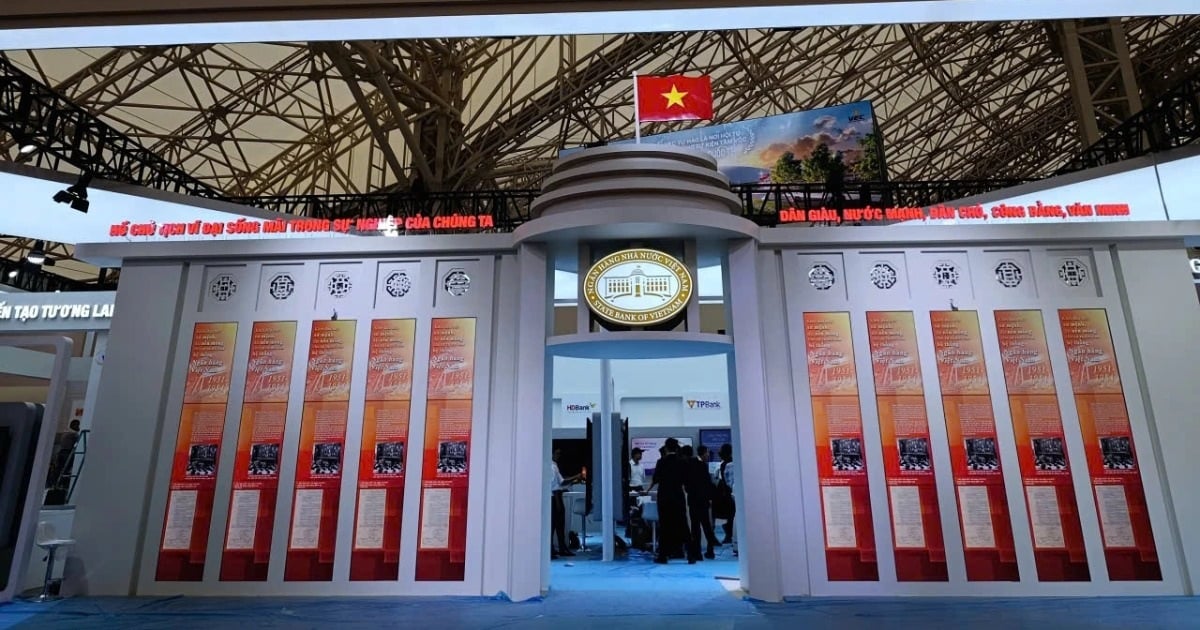

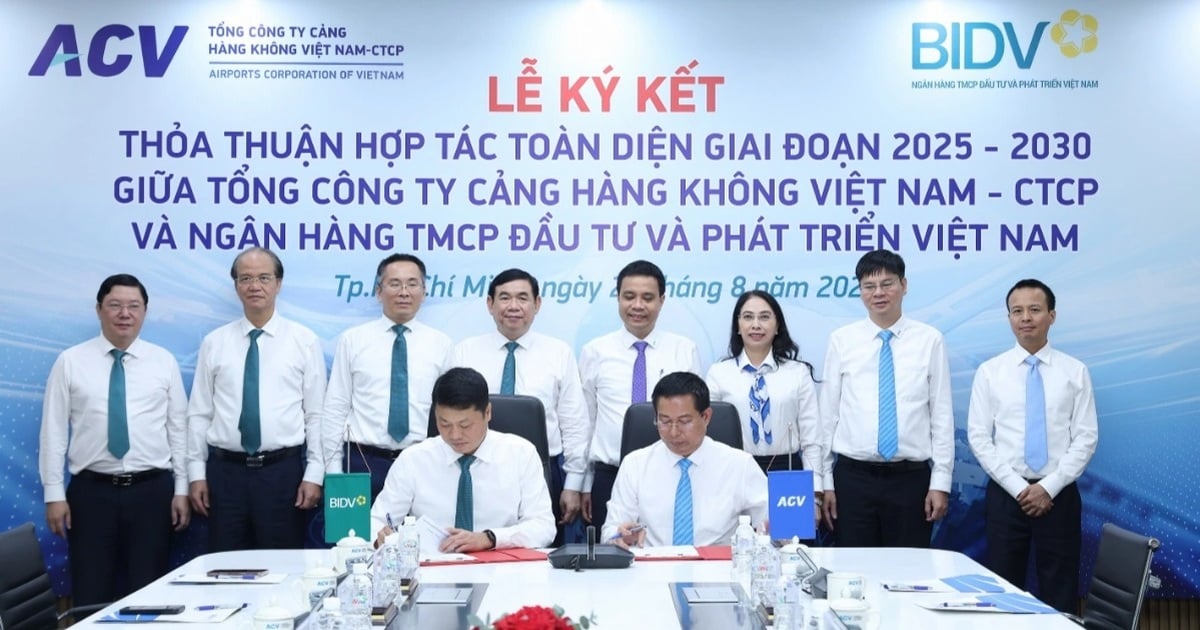






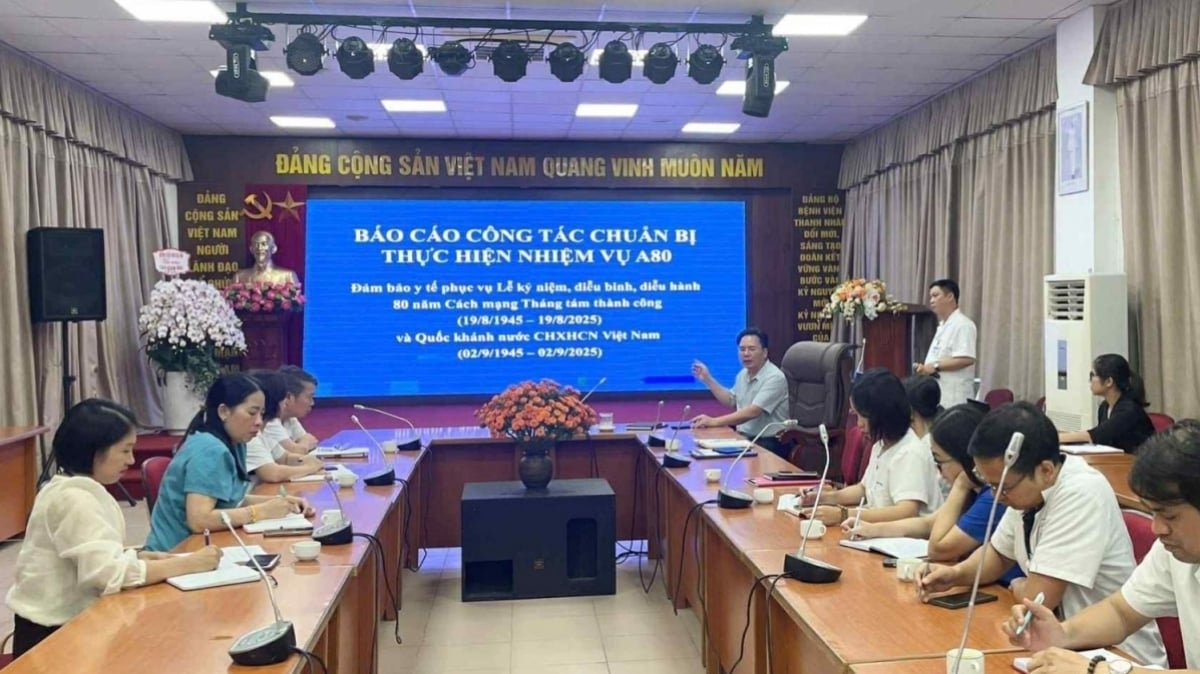
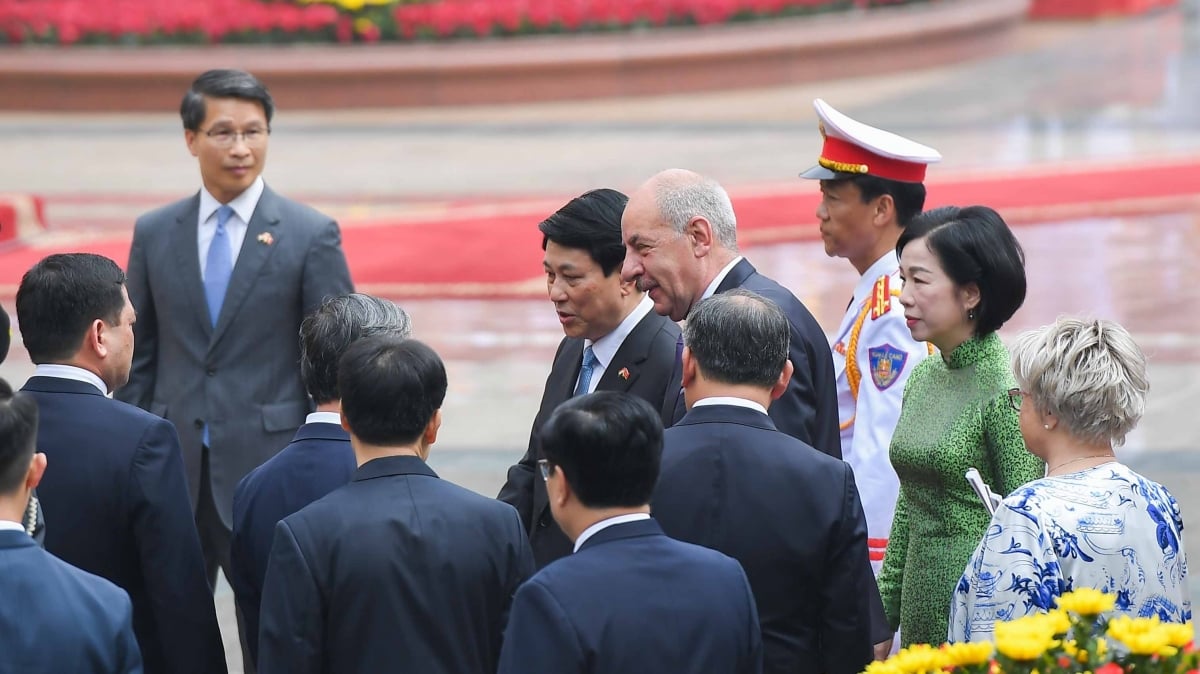

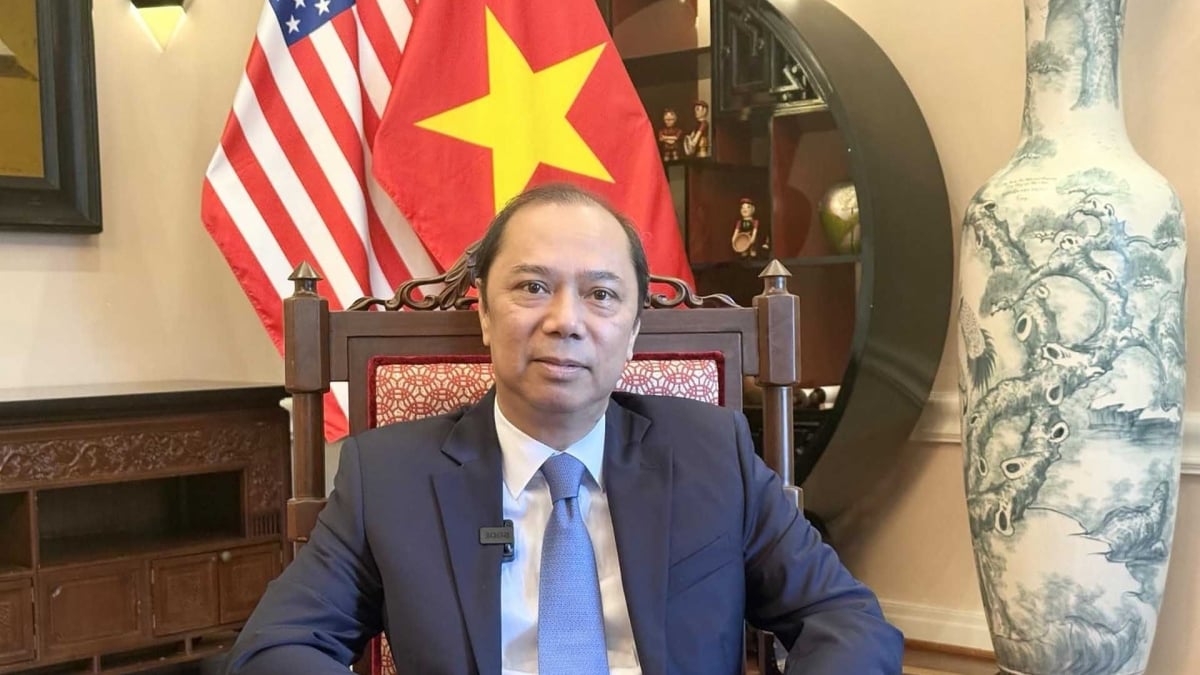

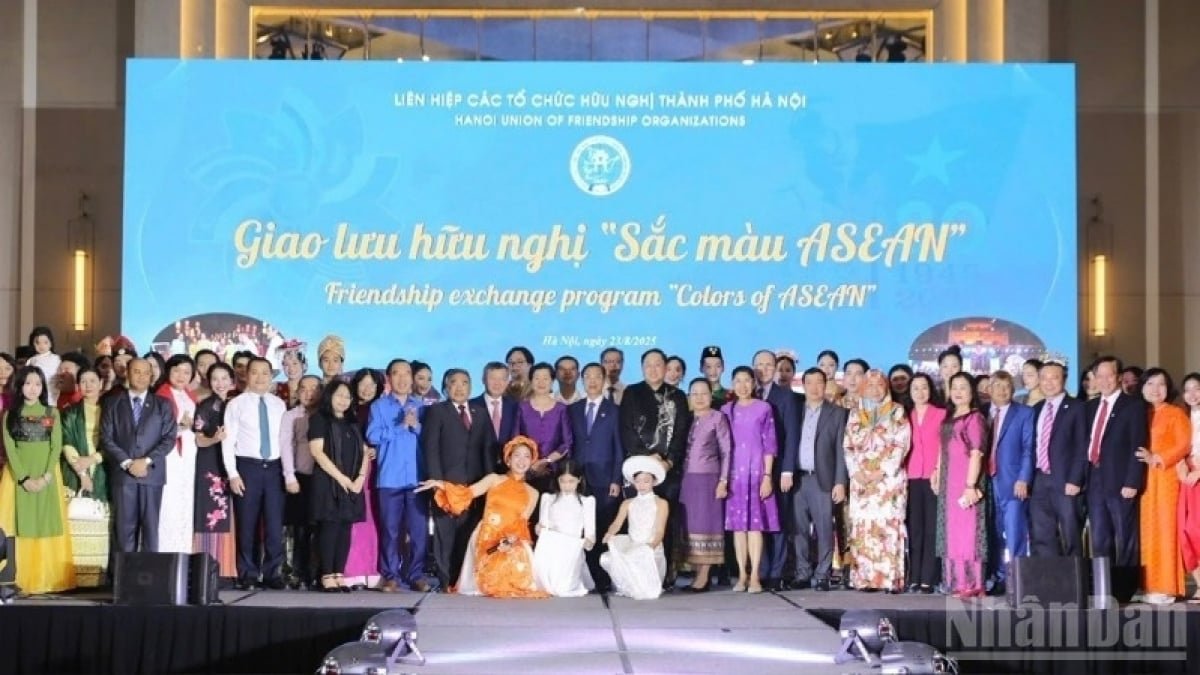















































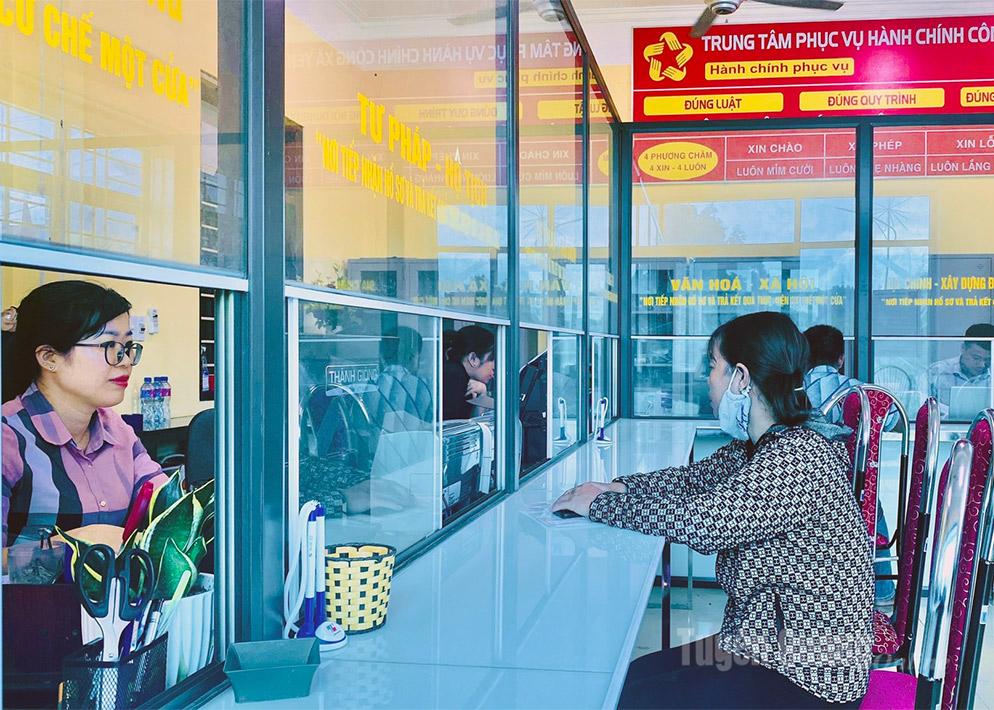





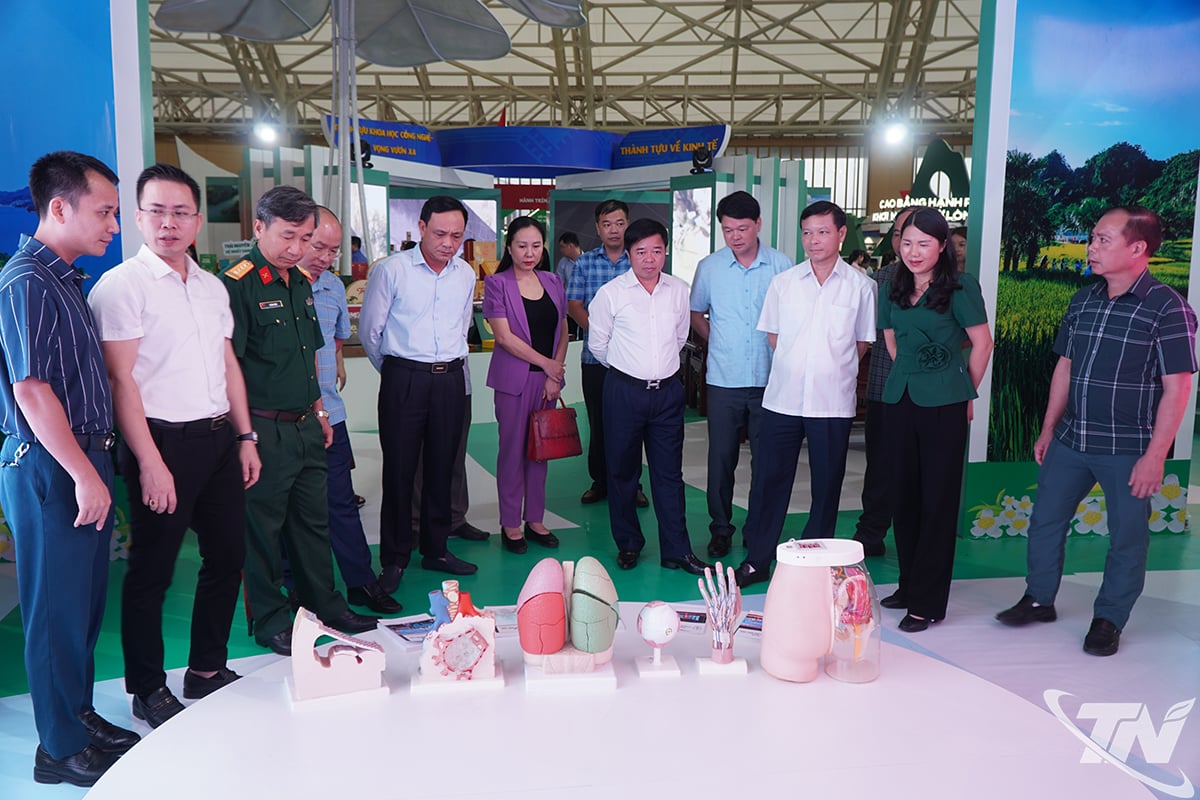


















Comment (0)